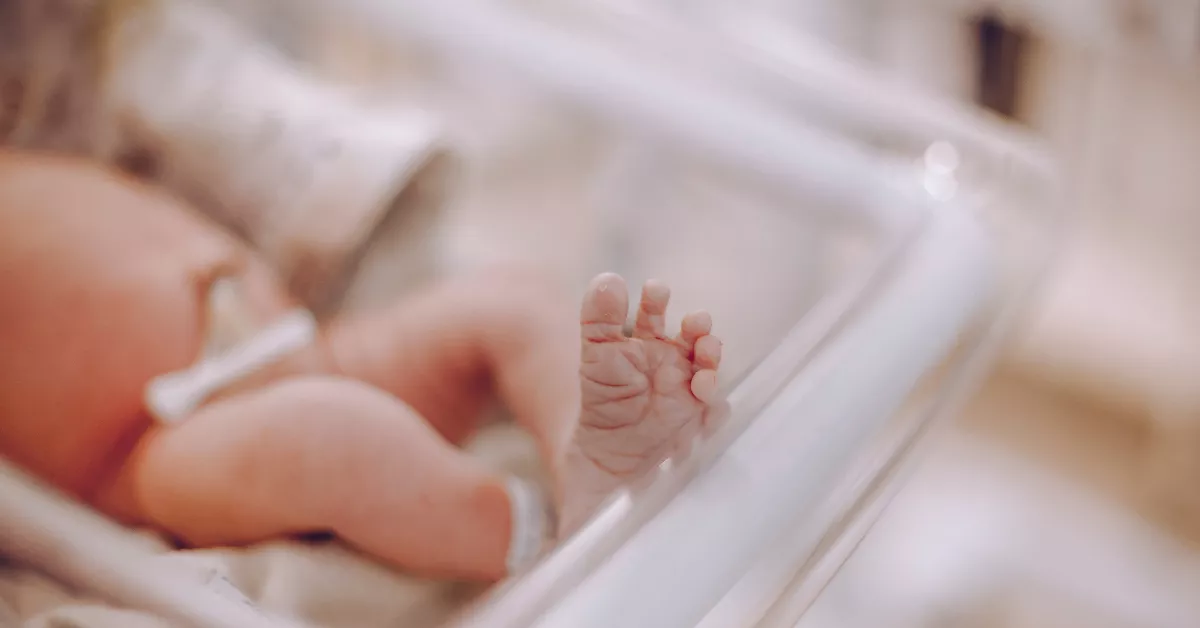
Since the outbreak of the financial crisis in 2008, the number of births in the Canary Islands has plummeted. That year, 20,672 babies were born in the archipelago, while in 2023 only 11,998 were registered, according to the National Institute of Statistics (INE). This represents a 43% drop in fifteen years, one of the steepest in the country.
The trend is repeated in both provinces. In Las Palmas, births fell from 10,771 in 2008 to 6,541 in 2023. In Santa Cruz de Tenerife, they dropped from 9,901 to 5,457. In total, the archipelago has lost 8,674 annual births since the recession. This decline places the Canary Islands as the fourth region with the largest drop in birth rates in Spain, only behind Cantabria, Asturias, and La Rioja, according to a recent analysis by Funcas on the occasion of World Population Day.
The sociologist Tenisca Gil, dean of the Official College of Political Sciences and Sociology of the Canary Islands, emphasises that “having a child today, both in the Canary Islands and in other parts of the world, requires assuming a significant economic, emotional, and time burden.” With one of the highest youth unemployment rates in the country and a labour market characterised by temporality and precariousness, “emancipation becomes almost a fantasy,” she states. In this context, she adds, “talking about birth rates without addressing the right to housing, decent jobs, and access to care is not addressing the root of the problem.”
Gil warns that the Canary Islands present structural conditions that particularly hinder motherhood and fatherhood. “We have an economy based on tourism, with low wages and poor employment contracts. The number of tourists does not translate into real wealth or social benefits,” she argues. Added to this is a housing market profoundly strained by holiday rentals, which further complicates access to housing. Moreover, she points out, “the persistent gender gap particularly affects women of childbearing age, who bear the bulk of care responsibilities.”
The sociologist warns that the lack of generational renewal already has visible consequences: “We are facing a clear ageing of the population.” In a pension system like Spain’s, based on intergenerational solidarity, “this demographic imbalance generates increasing pressure.” The territorial imbalance is also concerning: “Young people from the Canary Islands are increasingly emigrating in search of opportunities outside the archipelago. This empties rural areas and villages, and weakens social cohesion.”
Faced with this scenario, Gil considers any ad-hoc measures insufficient: “The solution is not just to incentivise birth rates with subsidies, but to guarantee structural conditions that allow young people to consider starting a family.” Among those conditions, she mentions “affordable housing, decent jobs, and public services that ensure work-life balance.” Otherwise, she concludes, “birth rates will continue to fall, and the social and economic future of the Canary Islands will be compromised.”














